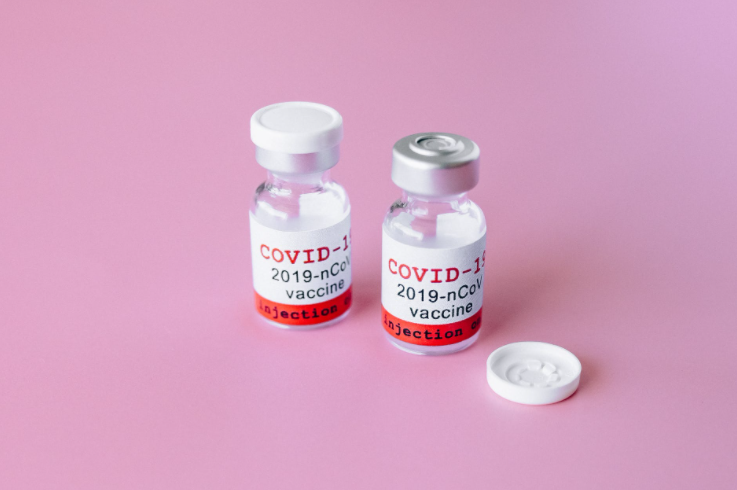
In the past few months, new variants of the coronavirus have sparked waves of concerns about whether the existing vaccines will still be able to perform well against the evolving virus.
The three preprints that was posed on bioRxiv on January 19 showed that the serum from people who had been vaccinated can neutralize the virus with some of the same mutations as the now-widespread variant called B117, but it was less effective in neutralizing the strains, making another variant that is now called 501YV2.
COVID-19 mutation challenges scientists
The first study investigated the effects of the new variant that emerged in South Africa called 501YV2 by using the serum samples from 44 people who had COVID-19. When these serum was exposed to the new variant, 48% were not able to neutralize the virus.
Liam Smeeth, an epidemiologist at the London School of Hygiene and Tropical Medicine, said that the data do raise the possibility that the protection gained from the previous infection with COVID-19 may be lowered for re-infection with the variant found in South Africa.
Smeeth told Reuters that the data also showed that the existing vaccines could be less effective against the variant called 501YV2.
In a second study, the serum samples from 16 people who had the vaccine from Pfizer were exposed to a virus with 10 mutations found in the spike protein of B117, also called the UK variant. The synthesized pseudovirus was neutralized easily by the antibodies in the samples. This made them hopeful that the vaccine could be effective against the variant.
The third study used the serum samples from 20 people who had the vaccine from either Moderna or Pfizer in order to explore how vaccine-induced immunity stood up to specific mutations that affect the spike protein.
Scientists' test on vaccine
Even though the antibodies against the COVID-19 wane as time goes on after the infection, B cells still has the ability to target the spike proteins and the receptor binding domains which is part of the spike that allows the virus to attach to cells for infection.
The efficacy of the serum decreased against the pseudoviruses that were carrying the mutations compared with those that has the dominant SARS-CoV-2 spike protein and the samples neutralized the viral threat with a one to threefold increase in antibodies.
However, the small portion of samples do not have enough diversity in race and age, which are the crucial factors in the outcomes of COVID-19 data, according to the interview of the Associated Press with Drew Weissman, an infectious disease expert who worked on the development of the vaccine.
James Naismith, a biologist from Oxford University, neutralization is not the only marker to measure a successful immune response on patients.
Naismith told The Guardian that the real world human immune response is more than serum-based neutralization. He said that neutralization is better to have occurred but this does not mean that the new virus will infect, spread and sicken those who have been infected with the original strain.
In the United Kingdom and other countries, the B117 variant is causing outbreaks that are more severe than the first wave in 2020.
The mutation could be 50% more infectious than the earlier strains, and some researchers also believe that it might have happened among those with immune diseases like Aids or it could emerge under the pressure of massive use of antiviral drugs.
Related Article: UK Variant of Coronavirus May be More Deadly than Previously Thought, Data Analysis Show
This article is owned by Tech Times
Written by Sieeka Khan
ⓒ 2025 TECHTIMES.com All rights reserved. Do not reproduce without permission.




